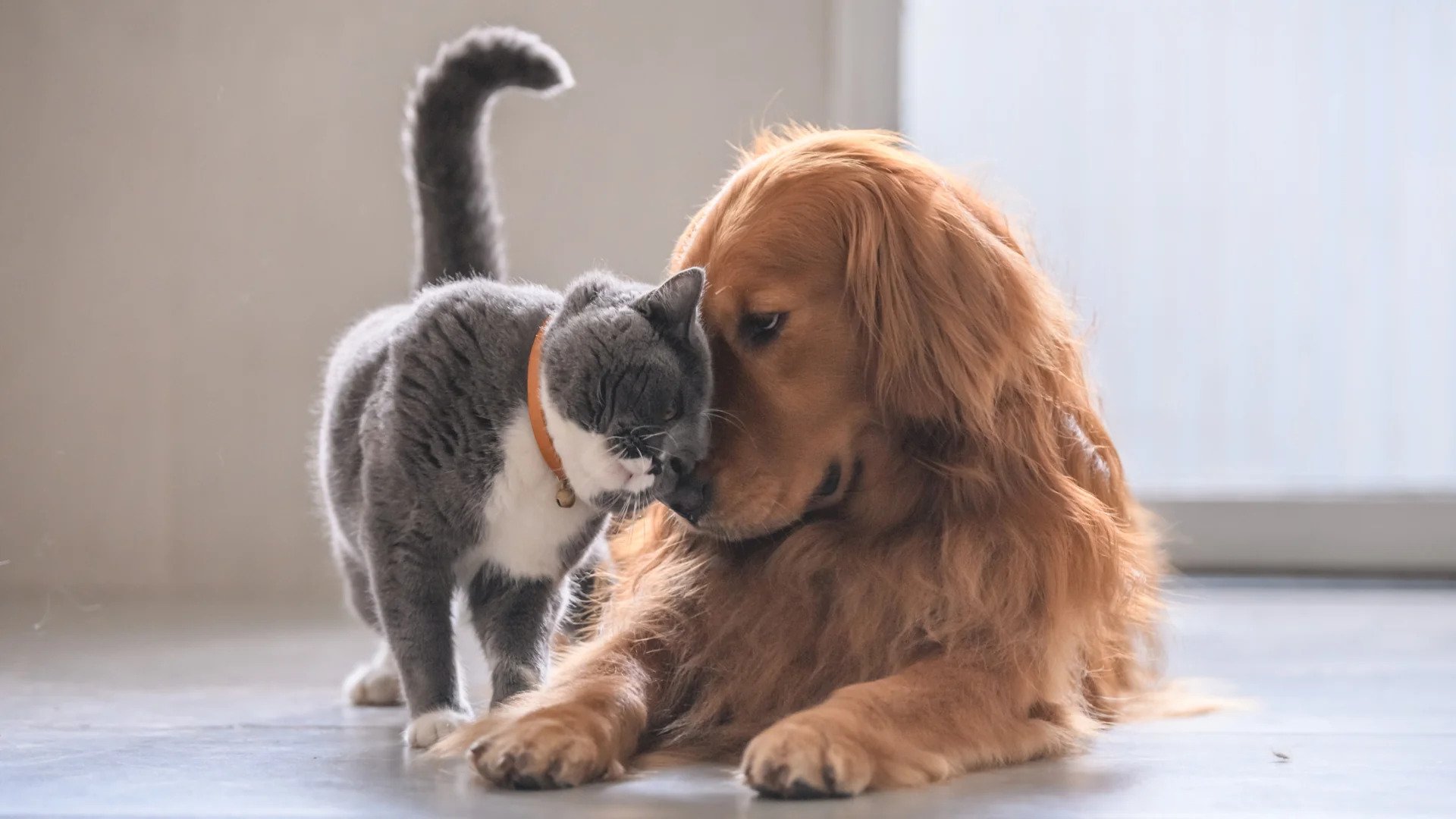Cats are naturally curious animals, and they frequently engage with plants when they are exploring Unfortunately, cats can become poisoned by some plants if they eat them. Here are 12 typical cat-poisonous plants:

- Lilies (Hemerocallis spp. and Lilium spp) : All lily components, including the pollen and vase water, are poisonous to cats and can result in renal failure.
- Azalea (Rhododendron species): potentially, a small amount of azalea ingestion can result in vomiting, diarrhea, and drooling, and in extreme situations, it can potentially result in coma or death.
- Autumn crocus (Colchicum autumnale): This plant has the potential to seriously harm the kidneys and liver, lead to respiratory failure, and even result in death.
- Cyclamen (Cyclamen spp. ): Cyclamen roots and tubers can make you throw up, have diarrhea, or even pass out if you consume them.
- Oleander– It also known as Nerium oleander Oleander plants are poisonous to cats in all sections and can cause fatal cardiovascular problems.
- Cycas revoluta-sometimes known as the sago palm Cats are extremely toxic to the entire sago palm plant, particularly the seeds, which can result in vomiting, diarrhea, convulsions, and liver failure.
- Dieffenbachia:- additionally referred to as Dieffenbachia species: This plant, sometimes known as dumb cane, can irritate the mouth, lead to excessive drooling, cause vomiting, and make it difficult to swallow.
- Philodendron :-(Philodendron spp.Consuming pieces of the philodendron plant may cause severe burning, mouth and tongue swelling, and oral irritation.
- Pothos :-also known as Epipremnum aureum Pothos, also referred to as the devil’s ivy, can make you throw up, have trouble swallowing, and irritate your mouth.
- Rhododendron (a variety of Rhododendron): Rhododendrons, like azaleas, have toxins that can lead to drooling, stomach pain, and even fatal heart rhythms.
- English ivy,or Hedera helix :-Cats who eat English ivy may get diarrhea, hyper salivation, vomiting, and gastrointestinal painYew (Taxus spp. ): Yew plants contain toxins that can induce abrupt cardiac arrest in cats and can be found in all sections of the plant, including the seeds and needles.
If you think your cat may have consumed a poisonous plant, you should seek veterinarian care. The odds of a successful result can be considerably increased with early intervention. To provide a safe atmosphere for your feline buddy, it’s also a good idea to become familiar with popular houseplants.




